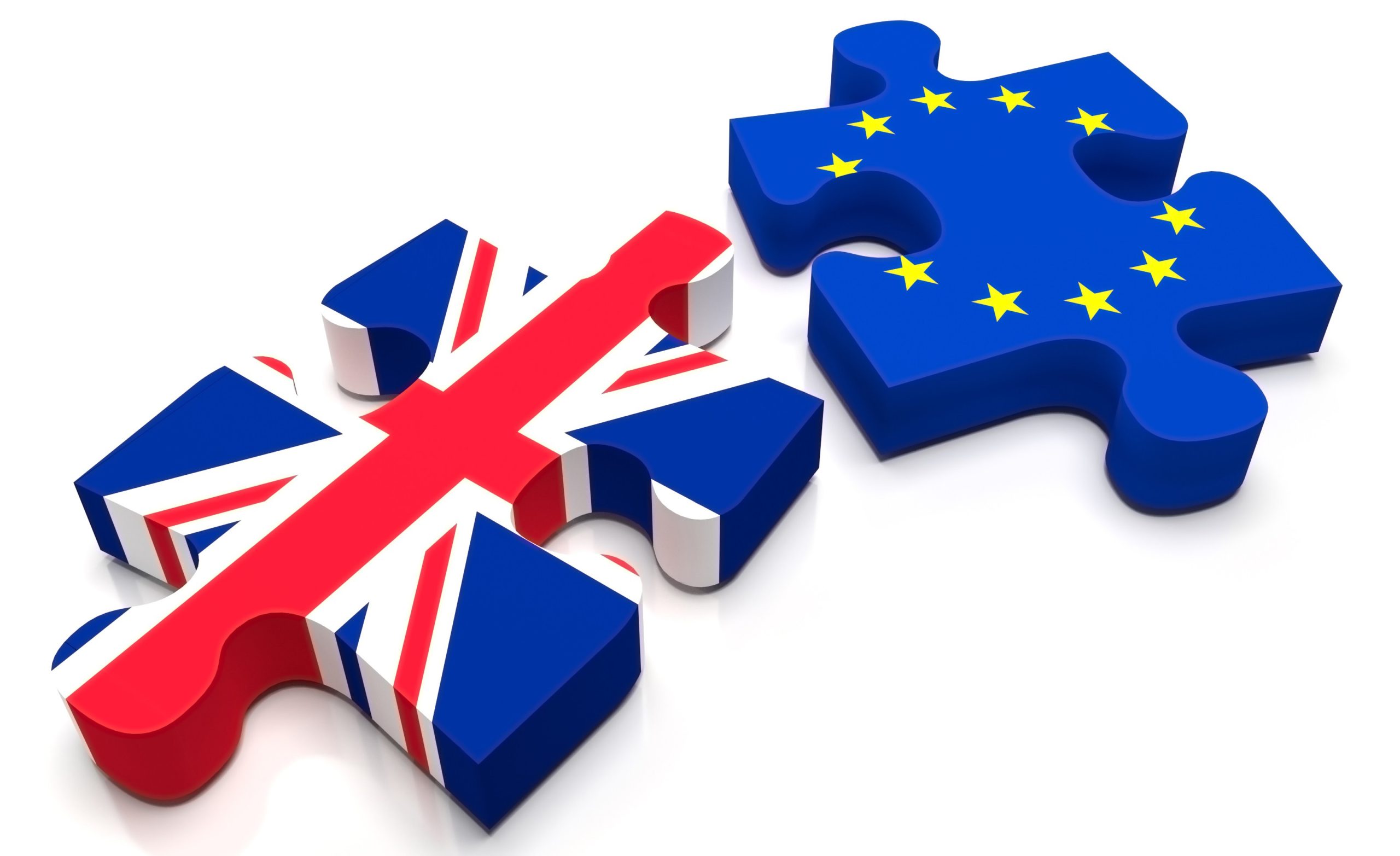Expat rights are expected to take centre stage in Brexit negotiations after the British government’s chief negotiator argued border issues with Ireland cannot be decided until a trade deal with the EU is agreed.
David Davies will head Brexit talks if Theresa May’s Tories win General Election 2017.
In a TV interview, he rubbished claims from the EU that expat rights and freedom of movement could be sorted before a trade deal was thrashed out.
Ireland is a major expat destination with around 190,000 British people living in the country. Thousands of Irish nationals also live and work in the UK.
Irish and Northern Irish cross the border to work every day.
Row of the summer
Davies explained that border controls between the nations could not be resolved until the terms of a trade deal were known – which EU officials refuse to discuss before settling how much Britain should expect to pay to settle withdrawing from the bloc.
“How on earth do you resolve the issue of the border unless you know what the customs agreement is, what the free trade agreement is, whether you need to charge tariffs at the border?” he said.
Davies also said he expected to negotiate an ‘ambitious’ trade deal with the EU and for the issue to be the ‘row of the summer’ once Brexit talks start.
His claims followed a speech by chief EU negotiator Michel Barnier to the Irish Parliament a few days earlier.
Soft or hard border?
Barnier told Irish MPs that the EU would demand a strict phasing of talks before discussing a trade deal.
“This negotiation will not only be financial, legal or technical – in my view, it will first be human, then social and economic,” he said.
But he considered some form of customs controls would follow from Brexit.
The current border has ‘soft controls’ which allow most traffic to pass unhindered, while ferries and planes to and from Ireland and Britain have relaxed immigration controls.
Both the British and Irish governments have agreed that they do not want to see customs and passport controls on the border with Northern Ireland.
